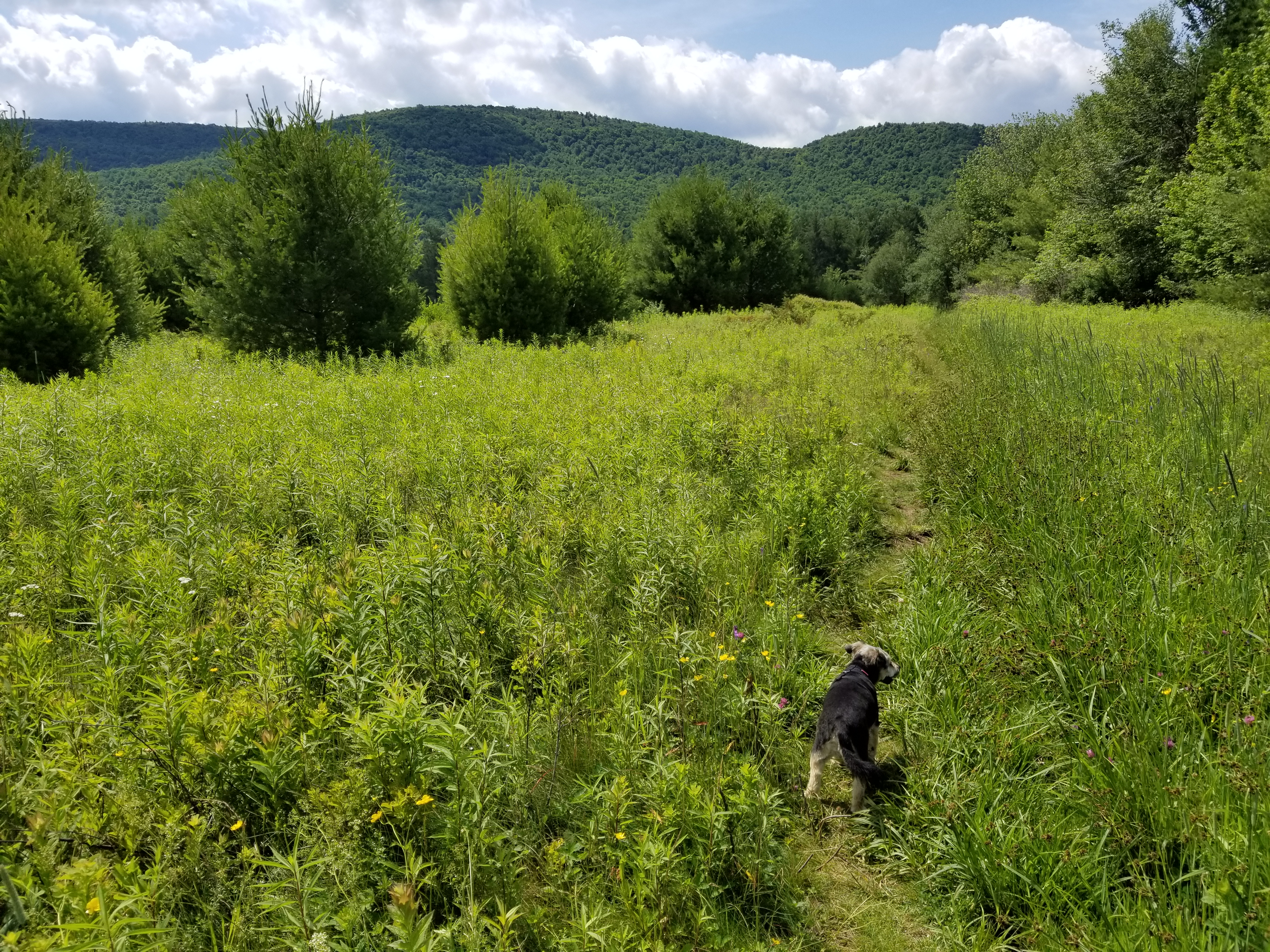
“Action is movement with intelligence. The world is filled with movement. What the world needs is more conscious movement, more action.” ― B.K.S. Iyengar
If you’re a smart, creative person (which I know that you are if you’re reading this blog post 😊), than you probably feel like you have a fair degree of control over what you say and do in the world.
I have some surprising news for you: the majority of your thoughts, feelings, and actions are deeply influenced by habitual patterns that have been with you for a very long time.
Your body is truly amazing. Its intelligence moves at lightning speed to receive and respond to millions of sensory inputs a day, largely without your conscious awareness or participation. The ground for many of these responses was created in your earliest days as a human being, and is fundamentally oriented toward a particular way of ensuring your safety and survival. You have been consistently practicing these movements over your many years on this planet. As a result, you have sets of neural pathways that are ready to move in deeply patterned ways, and other neural pathways that are underdeveloped or unexplored.
When you’re feeling stuck, or ready to move in a new or bigger direction, learning to consciously experience the sensations of your body is a first step to becoming aware of your patterns and creating new ones.
A basic practice to cultivate this awareness is to notice the sensations that arise when you’re in a familiar posture or movement, like sitting. As you sit, notice the sensation of contact with your feet on the floor or your seat in the chair, whichever one feels most present for you. You may sense a heaviness, or a lightness; tingling or numbness; what seems like a lot of movement through a broad area of contact, or a single point of sensation or stillness. There is no right or wrong sensation; be curious and nonjudgmental about whatever you experience. Listen to Anytime Grounding below for a 3-minute guided practice in noticing your sensation.
As you become more aware of the life of your body, you will begin to notice habitual sensations that arise in response to certain situations or people in your life. Then you’re in a position to determine how you might want to consciously expand and cultivate the intelligence of your body — to walk the dog rather than being dragged on a ride while the dog walks you.
Setting down new grooves in your muscles and nervous system requires practice, like a musician who plays her daily scales or a marathon runner who follows a weekly training schedule. Once you have reliable access to new ways of moving, your ability to process and act on sensory input will manifest more powerfully in intelligent action.